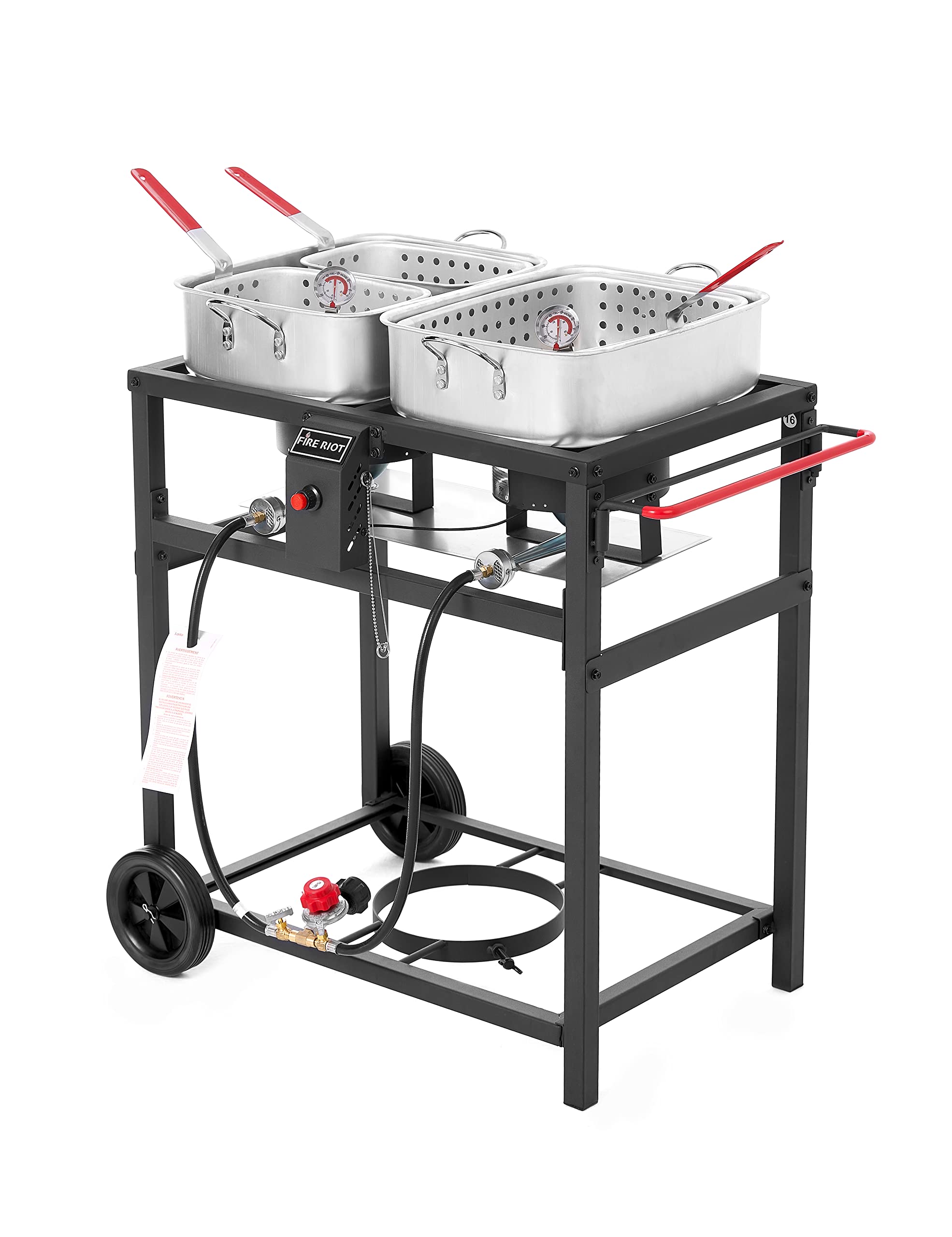10 years of experience as a food machinery equipment manufacturer
10 years of experience as a food machinery equipment manufacturer
For entrepreneurs in the food service industry, particularly those specializing in fried foods, finding the right equipment is crucial for efficiency and product quality. Specialized carts designed for both frying and cooling represent a significant investment, allowing for mobile food vending or optimized kitchen workflow. Identifying the best source for purchasing such equipment involves careful consideration of several leading manufacturers and retailers known for their quality and reliability.

Dedicated frying and cooling carts are engineered for safety and functionality. Key features often include commercial-grade fryers capable of maintaining consistent high temperatures, integrated cooling compartments with precise temperature control, durable stainless steel construction for longevity and hygiene, efficient grease management systems, and often, portability features like sturdy wheels and brakes. The best units seamlessly integrate frying hot zones with dedicated, cooler spaces, preventing oil splatter contamination onto finished products.
Several established manufacturers dominate the market for these specialized carts:
Choosing where to buy involves more than just price comparison. Prospective buyers should evaluate:
The decision ultimately hinges on specific business needs: volume requirements, space constraints, mobility needs, and budget. Premium vendors like A and B command higher prices but deliver exceptional longevity and advanced features. Vendor C excels in customizable, mobile solutions. Vendor D offers accessible entry points with dependable performance.
Prospective buyers are advised to consult comprehensive reviews published in food service industry publications and compare specifications directly from manufacturer literature. Contacting suppliers to request detailed quotes, including shipping and potential installation fees, provides the clearest picture of the total investment. Attending food service industry trade shows also presents an opportunity to see various frying-cooling carts in person and speak directly with representatives.
Securing the best frying and cooling cart involves diligent research into both the equipment specifications and the reliability of the seller, ensuring this key piece of infrastructure contributes effectively to a profitable and efficient operation.
